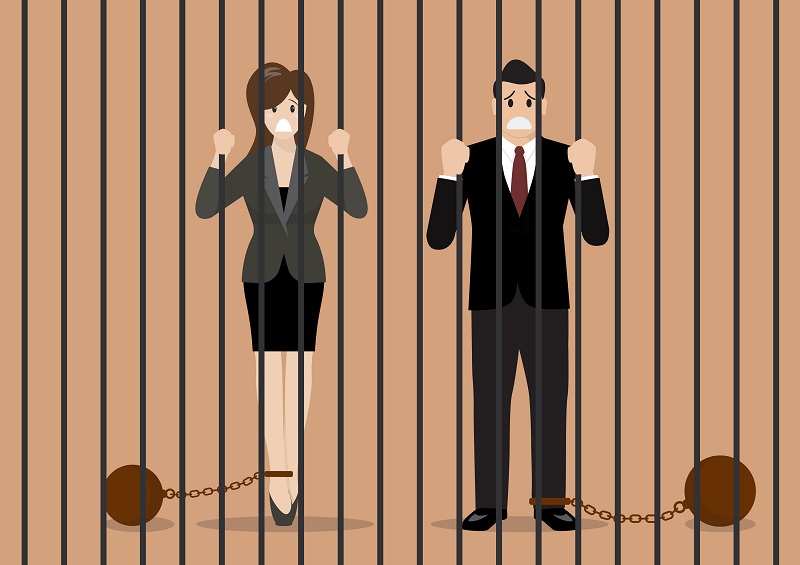Finally on 19 October 2017 the Government introduced into Federal Parliament the long promised Bill to reduce the default period of bankruptcy from three years to one year.
Back in December 2015 the Federal Government announced its National Innovation Statement (“NIS”), which outlined proposed reforms to insolvency laws that are designed, amongst other things, to encourage innovation and entrepreneurial behaviour while still protecting creditors.
 One controversial proposal was to reduce the current minimum bankruptcy term from three years to one year.
One controversial proposal was to reduce the current minimum bankruptcy term from three years to one year.
Following the announcement of the NIS, the Government called for submissions on the proposal to change the bankruptcy term. The cut-off date for submissions was 27 May 2016 and seventy two submissions were made by various parties including ARITA (Australia’s peak insolvency body), various law societies and insolvency practitioners Australia-wide.
Since the Federal Election in July 2016 there has been silence, until now.
The key features of the Bill are as follows:
- A bankrupt will be discharged at the end of the period of one year from the date on which the bankrupt filed his or her Statement of Affairs.
- Other time periods associated with bankruptcy will be reduced to one year including the obligation to disclose one’s status as a bankrupt when applying for credit, the requirement to seek permission to travel overseas and the ability to operate in certain professions or positions (e.g. company director).
- Income contribution obligations of discharged bankrupts will extend for at least two years following discharge (five to eight years as an undischarged bankrupt if the bankruptcy is extended because of non-compliance).
The Bill, if passed, offers windfall relief for current bankrupts: the introduction of the one year discharge will mean that all bankruptcies on foot at the commencement date (except those subject to a Section 149B objection) will be discharged if one year has expired since the bankrupt filed a Statement of Affairs with the Official Receiver. Other ongoing bankruptcies will discharge on the day after the first anniversary of the filing of the Statement of Affairs with the Official Receiver.
However, ongoing bankruptcies that have been extended for five or eight years because of an objection to discharge (under Section 149B of the Act) would remain unchanged.
The one year discharge is scheduled to commence six months after the Bill receives Royal Assent.
The ensuing debates in and out of parliament regarding the Bill will be interesting. Some argue that little is gained for anyone by keeping insolvents bankrupt for three years, while others believe it is an appropriate penalty.
My opinion? Bankruptcy, in itself, is not a crime or a civil offence. The circumstances behind it might be, but not often. We have long since decriminalised bankruptcy and decommissioned our debtors’ prisons. The principal consequences of bankruptcy will still remain for a bankrupt under the proposed new regime, and creditors will largely obtain the same outcome. Generally, I fail to see that a full three years of penal servitude by bankrupts, for the sake of some punitive impost, is of benefit to any of us (except perhaps insolvency practitioners).
I note in passing that the logic behind the change also supports an argument for reducing the period of bankruptcy to zero years. Could we even contemplate this?
October 2017

